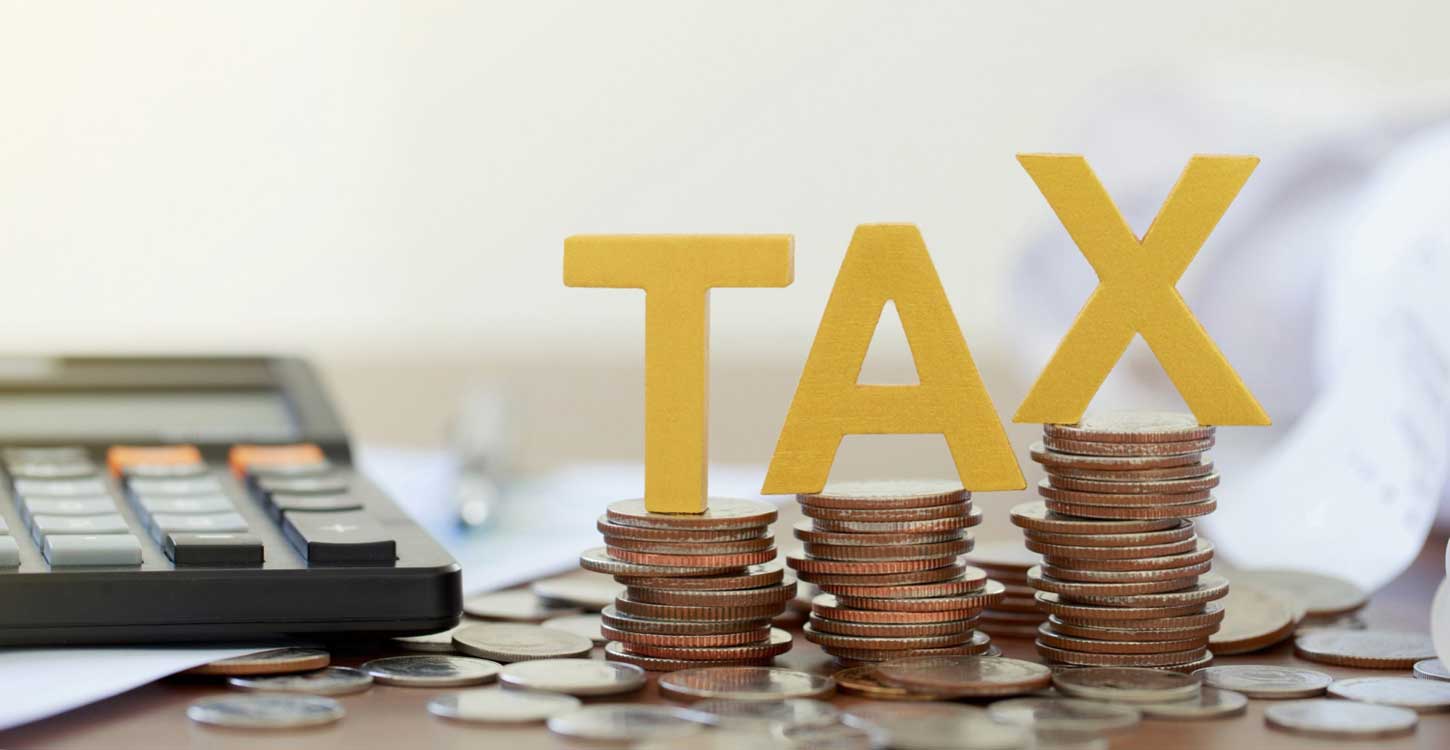Taxes are unique in that they are both necessary and resented. Behavioural economists argue that tax aversion is not purely rational: people feel the loss of paying tax more strongly than they feel the benefit of the income or gains they retain. This “loss aversion” helps explain why many retirees, even with healthy portfolios, hesitate to spend freely. They worry about “losing” a portion of their gains to the tax man.
This sense of loss is heightened with investment gains, which often feel like rewards for risk-taking and careful planning. When tax is levied on those rewards, it can feel like an unfair punishment rather than a civic contribution.
The Role of Investment Wrappers
In the UK, many investors use wrappers like ISAs, pensions, or Venture Capital Trusts (VCTs) to shield gains from tax. However, not all assets can be wrapped, and many portfolios—especially for wealthier individuals—spill into taxable accounts. Once outside the protection of a wrapper, every sale can trigger Capital Gains Tax (CGT).
This creates a behavioural barrier. Rather than rebalancing portfolios, realising gains, or drawing down on investments, many retirees “freeze.” They delay spending because they fear the tax hit, even though the net outcome (money in hand to spend) could still enhance their quality of life.
Behavioural economists argue that tax aversion is not purely rational: people feel the loss of paying tax more strongly than they feel the benefit of the income or gains they retain
Retirement and the Paradox of Thrift
A common aspiration is to “enjoy retirement.” Yet research shows many retirees underspend their resources, leaving significant wealth unspent at the end of their lives. One key reason is tax anxiety.
Consider a retiree who sells shares outside an ISA. If the gain pushes them above the CGT allowance, they face additional tax. Rationally, they should view the after-tax gain as new disposable wealth. Emotionally, however, the tax reduces the satisfaction of spending. It feels like a penalty for living well, leading to hesitation or complete inaction.
The Fear of Running Out
Taxes amplify another retirement fear: running out of money. When every withdrawal feels “taxed twice”—once when earned as income, and again when invested and realised—people worry that the government is nibbling away at their safety net. This perception encourages hoarding rather than spending, reinforcing a cycle of frugality.
Legacy and Control
For many retirees, unspent wealth is not wasted: it becomes part of their legacy. Yet here too, tax casts a shadow. Inheritance Tax (IHT) is often seen as the ultimate “double taxation,” discouraging people from spending or gifting freely for fear of eroding the estate further. Ironically, the fear of tax reduces both present enjoyment and future generosity.
Ironically, the fear of tax reduces both present enjoyment and future generosity
How Policy Shapes Behaviour
Governments are aware of these dynamics. That is why tax allowances and reliefs—annual CGT exemptions, dividend allowances, ISA contributions—are designed not only to raise revenue but also to nudge behaviour. However, constant tinkering with allowances and rates often backfires. It creates uncertainty, and uncertainty magnifies fear. Retirees, unsure of tomorrow’s rules, often default to inaction.
Can Attitudes to Tax Change?
Changing attitudes requires reframing. Instead of viewing tax as a penalty, wealth managers often encourage clients to see after‑tax returns as the real measure of wealth. £80 in hand after £20 tax is not a loss—it is new spending power. Similarly, spreading withdrawals, harvesting gains gradually, or using spousal allowances can soften the psychological sting.
Financial planning also plays a role. By modelling sustainable withdrawal rates and visualising spending over decades, retirees can gain confidence that paying some tax today will not jeopardise tomorrow.
The Real Cost of Not Spending
Perhaps the greatest irony is that by over-fearing tax, people deny themselves the benefits of their wealth. A portfolio left untouched because of CGT fears may mean fewer holidays, less freedom, and even reduced wellbeing. For some, it also means leaving heirs with complex portfolios that eventually face tax anyway—proving that avoidance of small tax bills today can lead to larger, unavoidable ones later.
Why a Good Wealth Manager Helps
A skilled wealth manager can play a critical role in easing these concerns. By designing tax-efficient strategies, timing withdrawals, and coordinating across wrappers, they reduce unnecessary tax drag while providing clarity on what spending is sustainable. Just as importantly, they act as a sounding board—helping clients reframe tax not as a penalty but as part of a broader financial plan. With the reassurance of expert guidance, retirees are more likely to spend with confidence, enjoy their wealth, and still protect their long-term financial security.
The challenge, both for policymakers and wealth managers, is to help investors shift perspective: tax is inevitable, but it need not be paralysing. A focus on net returns, thoughtful use of allowances, and confidence in long-term plans can help retirees strike a healthier balance between preserving wealth and enjoying life.
With the reassurance of expert guidance, retirees are more likely to spend with confidence, enjoy their wealth, and still protect their long-term financial security
Conclusion
People hate paying tax on investment gains because it feels like a punishment for prudence, a drain on hard-won rewards, and a threat to security in retirement. The psychological weight of taxation is often heavier than the financial reality, leading many to underspend and under‑enjoy their later years.
Find the Right
Wealth Manager -
in Under 3 Minutes
Start your free search
Join thousands of individuals who've used our tool to find trusted, FCA-regulated advisers to maximise their wealth.
- No fees, no obligation
- Private & secure matching in minutes
- Trusted since 2012 by thousands of clients







